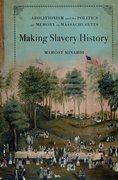Sydney Opera House opens
This Day in World History – One of the twentieth century’s most recognizable buildings, the Sydney Opera House, officially opened on October 20, 1973. The Opera House, situated on the shores of Sydney Harbor and with a striking roof line, has been designated a UNESCO World Heritage Site, with the comment that the building “brings together multiple strands of creativity and innovation in both architectural form and structural design.”









